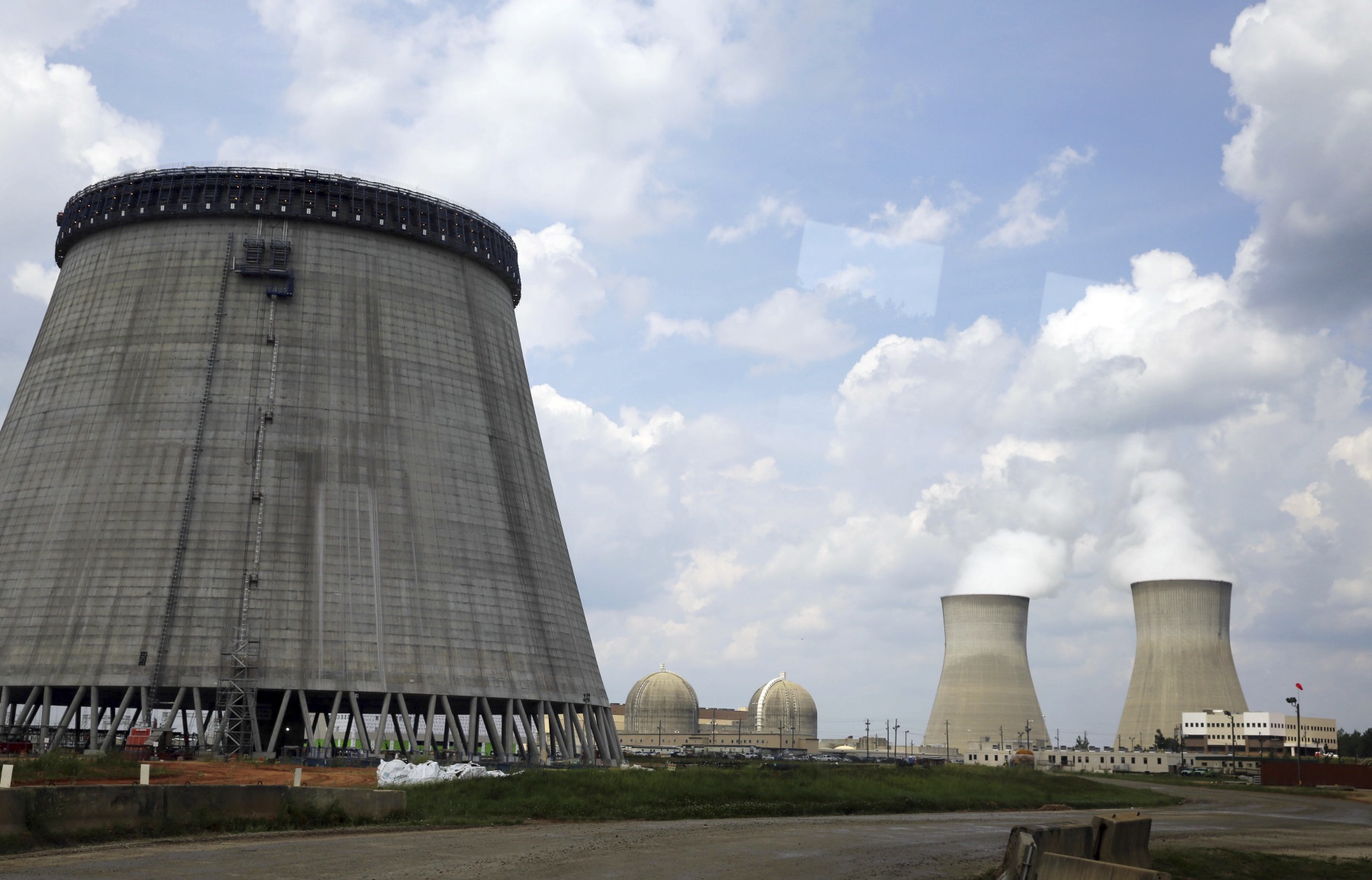The Public Service Commission staff is requesting more money to fund outside consultants to help keep track of the Plant Vogtle project.
They have asked for an unprecedented additional $3.6 million for 2019, up from the existing $1.1 million in independent contractor monitoring funds. That’s money that Georgia Power and other utilities are able to gather from ratepayers to fund independent consultants for their own projects, thanks to a 2011 law.
Vogtle is the only nuclear power plant under construction in the country, near Augusta.
The two new reactors, Vogtle 3 and 4 were expected to cost Georgia Power $4.4 billion and be completed in April 2016 and April 2017, respectively. Now the projected cost is $8.4 billion plus $3.2 billion in financing costs, and the projected completion dates are November 2021 and November 2022 respectively.
Georgia Power is one of four owners and is now managing construction through its sister company Southern Nuclear. It took over after Westinghouse declared bankruptcy last year.
Steven Roetger works for the commission, which regulates Georgia Power. He spoke before the commission Tuesday.
“We don’t want any billion-dollar surprises all of a sudden,” he said. “We want to be able to have an independent assessment that we can rely on and that we hope the commission can also rely on, that either validates what the company is stating or perhaps they’ll have a different opinion.”
Roetger said the staff needs the outside consultants and expertise to properly do the job of keeping track of the construction progress.
“We have an obligation to perform the best job that we can,” he said. “This is a big ask. We understand that; 2019 and 2020 are critical years for this project.”
The past few years have been busy for the Plant Vogtle project, including the Westinghouse bankruptcy and a $2.3 billion unexpected cost increase this past summer, which triggered a vote from the owners of the plant as to whether they wanted to proceed.
They did approve it, with some changes to the agreement.
Now that Southern Nuclear is managing construction, the Public Service Commission is also now responsible for evaluating more information because much of what Westinghouse did was kept private, as it was a private company with a fixed contract.
Roetger said the commission needs to keep careful track of Georgia Power’s decisions because after the plant is finished, the commission will go through and retroactively evaluate whether the utility’s decisions were actually “prudent” and litigate them if necessary. Those are called “prudency reviews.”
When Liz Coyle, executive director of Georgia Watch, asked Roetger whether this “additional resource” would be important for staff to “be prepared” for that prudency review process, he said their ability is “dependent” on it.
The commission is expected to decide on the request in February.









